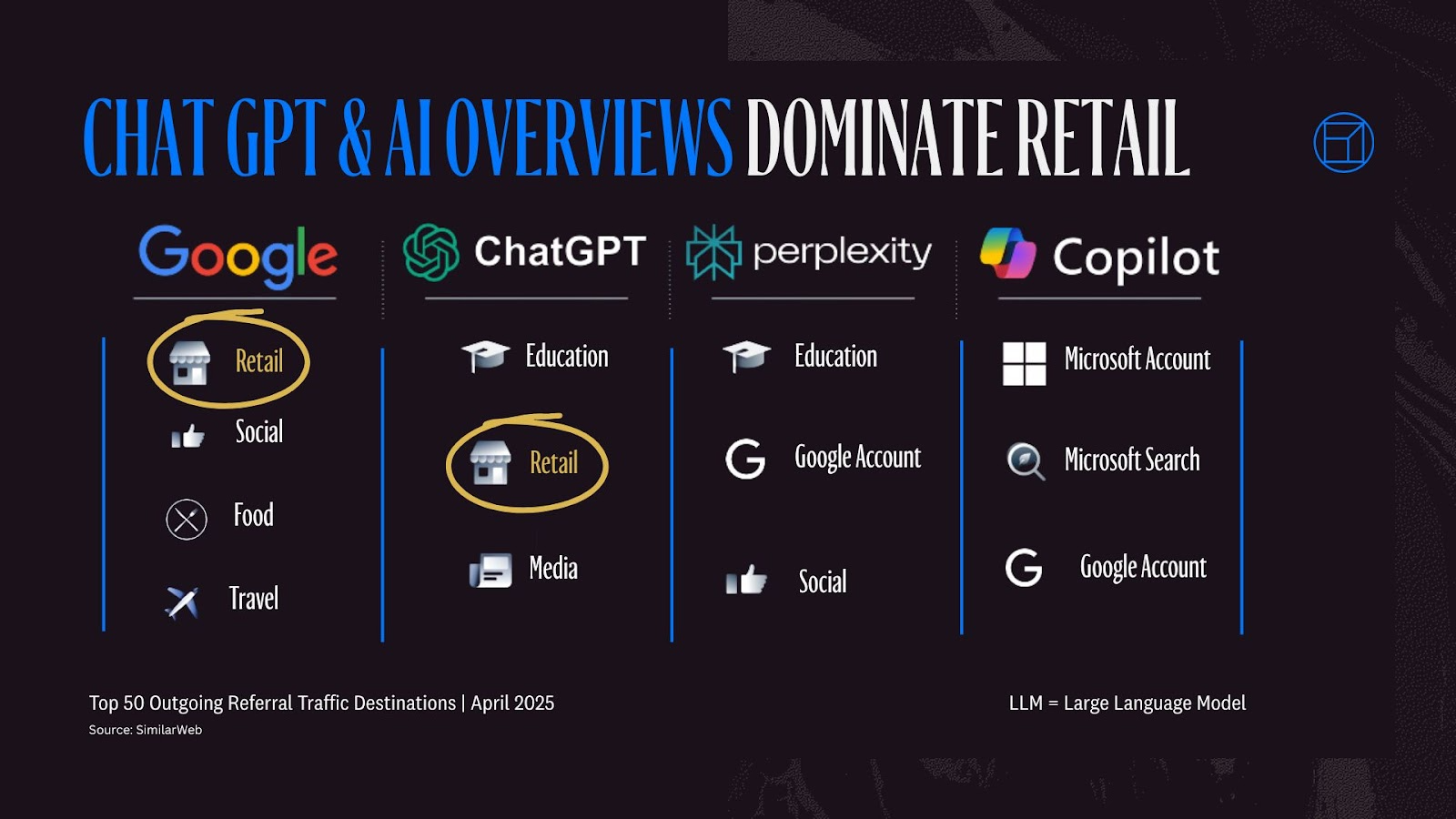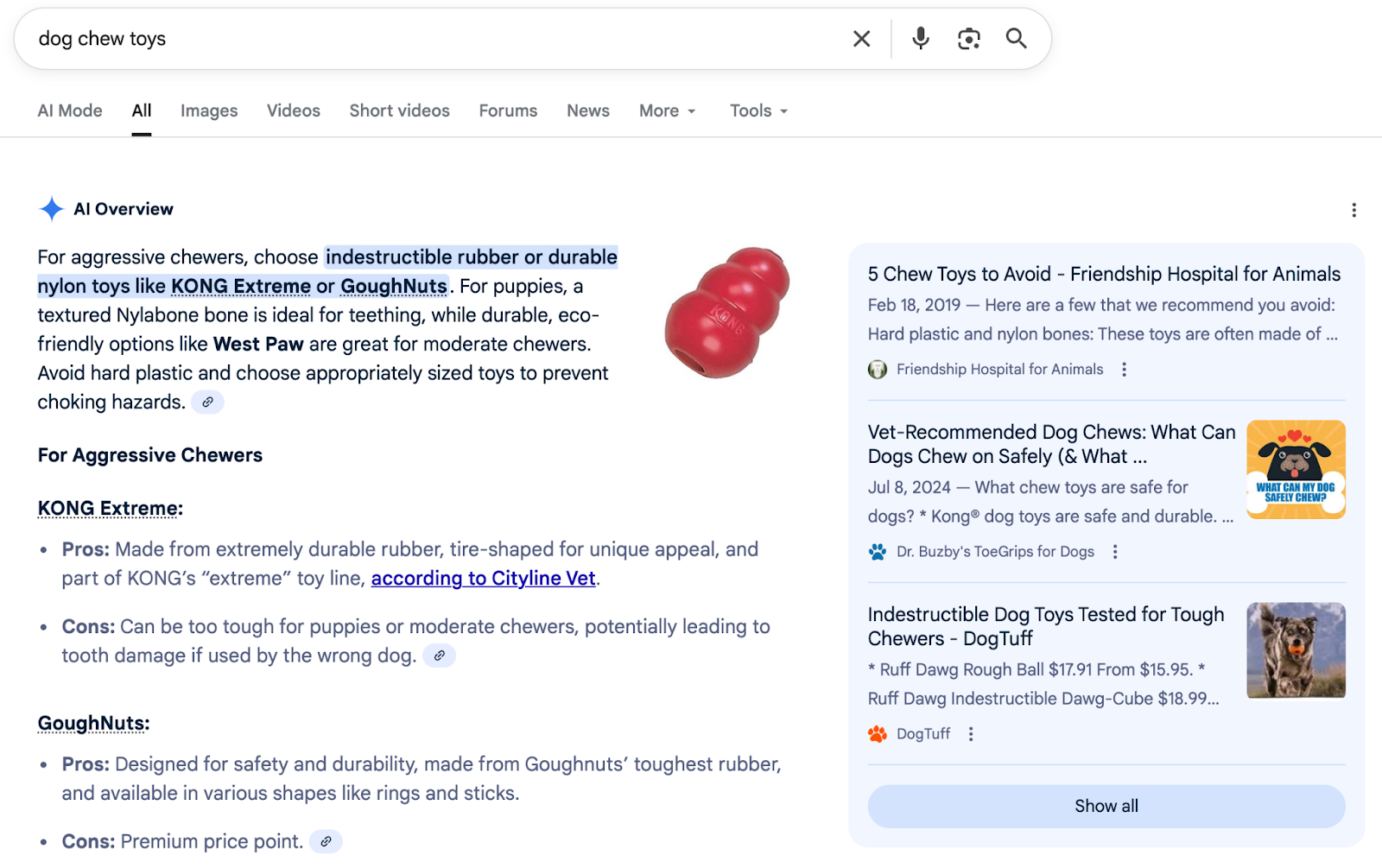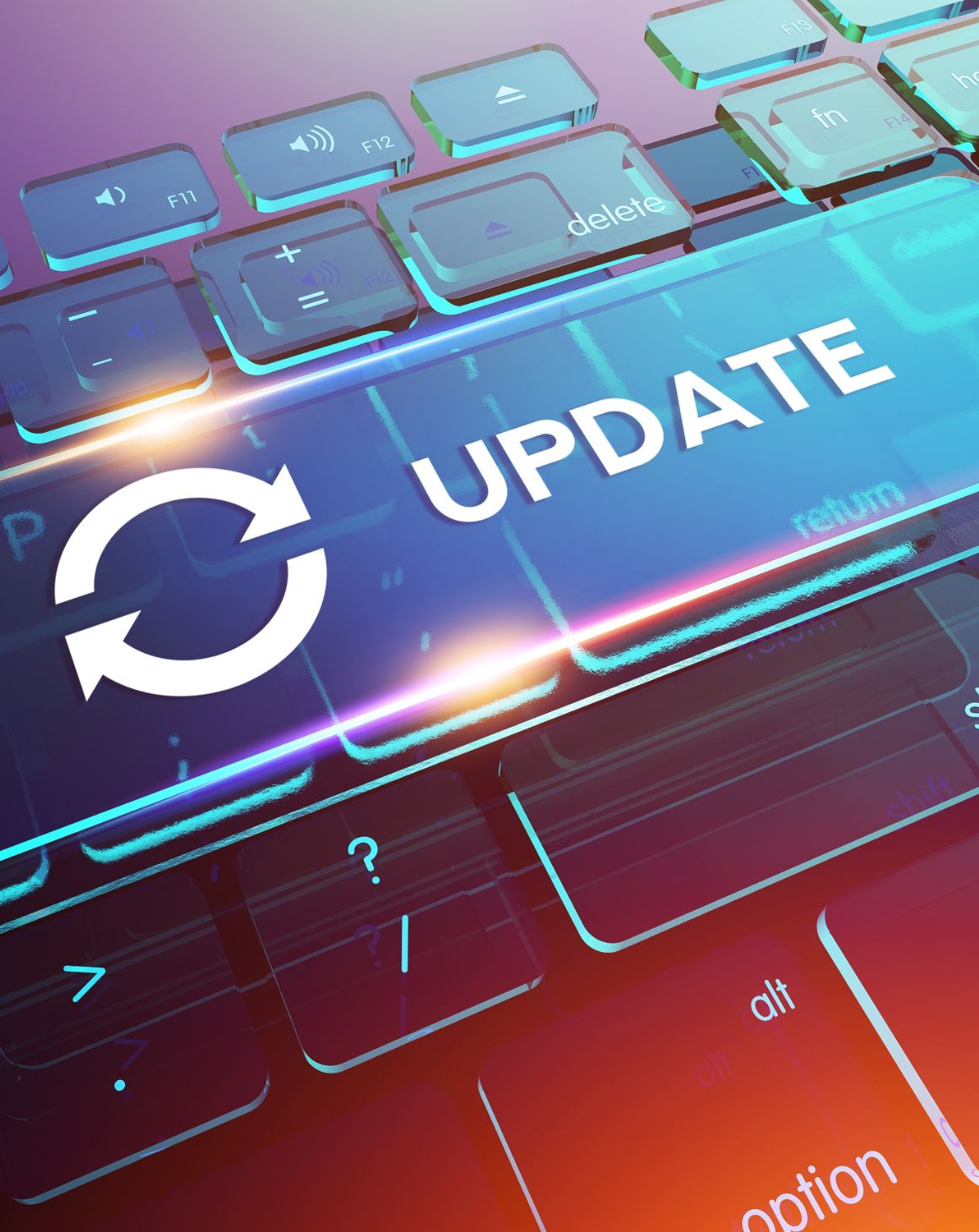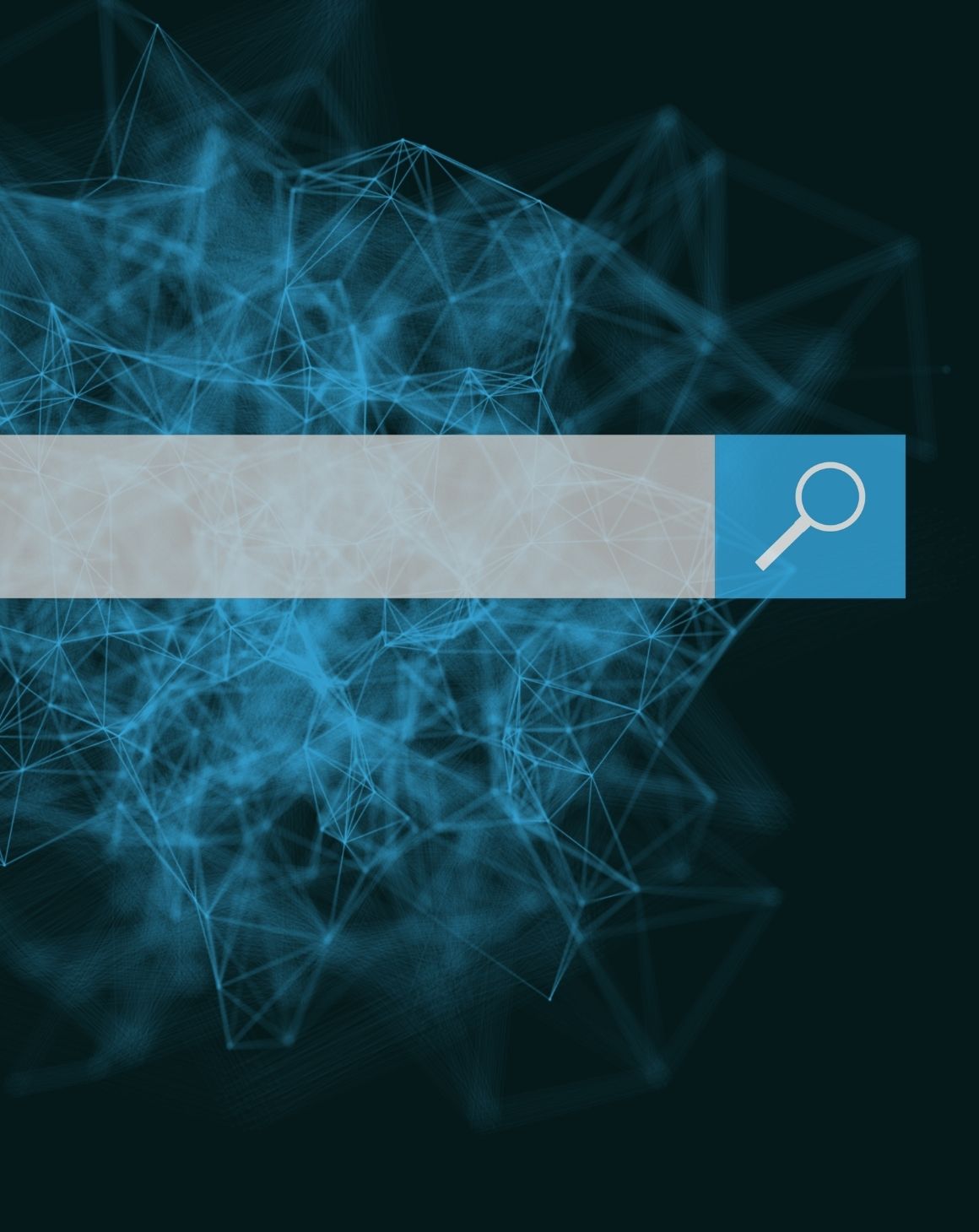Artificial intelligence is fundamentally altering digital advertising. Platforms are moving rapidly toward automation, consumers are shifting how they discover products, and performance media is being redefined in real time. With Google’s AI Overviews leading the charge, brands and agencies must rethink how paid and organic strategies work together to maintain visibility and efficiency.
Rethinking the Agency Value Proposition
For agencies, this requires rethinking their value proposition. They are moving away from tactical execution and into the role of strategic advisors. Search remains important, but its role is evolving. AI’s influence requires agencies to act as translators, architects, and protectors of efficiency while safeguarding long-term brand growth.
Also, competition in Google paid search has intensified. The top three placements now matter most, as AI Overviews push everything else further down the page. This drives CPCs higher and makes non-branded terms less efficient, demanding smarter investment. Agencies must help brands determine where to double down, where to pull back, and how to reallocate budgets to maximize returns.
The Shift in Consumer Behavior
One of the clearest signs of this shift is consumer behavior. Consumers are increasingly using AI-powered assistants such as ChatGPT, Perplexity, and Claude to explore options. According to Harvard Business Review, many consumers are now turning to AI assistants for recommendations.
This shift means traditional search engines play a greater role later in the buying journey, closer to conversion than discovery. Paid search will increasingly capture consumers once decisions are nearly formed, driving conversions rather than sparking first contact.
At the same time, shopping ads have grown even more critical. They’re visual, command the very top of results pages, and grab attention immediately. AI Overviews are making these placements smarter, with relevant product ads appearing even for generic queries. The tradeoff is rising costs as shopping CPCs are often up 5–20% year-over-year, depending on industry.

Reimagining Channel Strategies
This change redefines what agencies must deliver. Channel strategies must be reimagined, not as isolated optimizations, but as holistic systems that ensure the brand remains visible and credible across AI-driven discovery, social platforms, and search engines.
A full-funnel strategy is the best response. Agencies should help brands think beyond paid search alone and instead view Google Ads as an ecosystem:
- Demand Gen (YouTube) to capture attention before consumers even begin searching.
- Google Performance Max to retarget and capture new audiences, keeping the brand top of mind.
- Paid search to re-engage with tailored copy and convert once intent is strongest.
By reaching consumers earlier and reinforcing brand awareness, performance remains strong despite higher CPCs.
Social visibility also matters. Google is increasingly surfacing Instagram, TikTok, and other social content directly in SERPs. This signals the importance of community building, affiliates, and influencer strategies, ensuring that brand content appears across multiple entry points to discovery.
AI Integration in Campaign Mechanics
Discovery is only one piece of the puzzle. Platforms are also embedding AI deeper into campaign mechanics. Google’s Performance Max and Meta’s Advantage+ automate targeting, creative, and bidding. Meta has indicated, as reported by Reuters, that it anticipates the majority of its advertising platform will be automated by 2026.
This creates efficiency at scale but reduces transparency. When campaign execution is driven by black box algorithms, strategies risk drifting from business goals unless marketers provide intentional oversight. Agencies now need to act as guides, ensuring automation aligns with client goals instead of platform priorities.
Measurement becomes equally important. Using GA4, marketers can track attribution across the funnel, from first touch through conversion. Upper-funnel metrics like video engagement and time on site now matter just as much as bottom-funnel KPIs like ROAS, requiring a more nuanced view of performance.
The Foundation of Oversight: First-Party Data
The foundation for oversight is data. Proprietary first-party data gives brands leverage over outcomes that might otherwise be dictated entirely by automated platforms. It improves personalization, reduces wasted spend, and provides the signals platforms use to optimize.
As automation accelerates, first-party data anchors optimization in real customer value and ensures brands maintain control over outcomes. Agencies that can help brands transform first-party data into actionable signals not only drive stronger personalization but also become essential partners.
A New Industry Mindset
Together, these shifts demand a new industry mindset. Search is no longer just about discovery. It is now a precision channel for trust, validation, and conversion. Thriving requires a hybrid model that blends AI’s predictive scale with the cultural insight, creativity, and accountability that only humans provide.
AI Overviews
It’s also likely that AI Overviews themselves will soon become monetized. Just as Facebook and Google eventually introduced ads once their platforms matured, AI-driven search is poised to follow the same trajectory, only faster. This future underscores the importance of organic visibility today.
Digital PR is one of the best levers: concise, E-E-A-T-aligned content, structured FAQs, and authoritative backlinks all increase the likelihood of being cited in AI Overviews. These key elements give brands a competitive edge before paid placements fully roll out.

Paid and Organic
Paid and organic performance still operate independently today. If a paid ad is shown but not clicked, Google may stop serving it to that user, but it doesn’t impact organic rankings. Similarly, if an organic result isn’t clicked, it doesn’t affect paid relevance. With AI Overviews, however, it’s unclear whether engagement signals will eventually influence both channels. This remains one of the most important areas to watch as search evolves.
Amazon’s Rufus
Finally, the competition extends beyond Google. Amazon’s Rufus, its AI-driven shopping assistant, shows how closed ecosystems are blending search, shopping, and brand presence within a single environment. While Google represents the open web, Rufus demonstrates how major platforms are building AI-powered discovery systems that control every step of the consumer journey.

Actionable Takeaways for Brands and Agencies
Reframe the Role of Search
Position search as a channel for trust and conversion. Safeguard branded terms and align campaigns with the ways generative AI shapes consumer intent.
Structure Content for AI Readability
Use structured formats, semantic tagging, FAQs, and authoritative signals to ensure brand visibility within AI-driven outputs.
Invest in First-Party Data Integration
Connect, enrich, and activate first-party customer data to strengthen personalization, targeting, and efficiency.
Balance Automation with Human Oversight
Harness AI for scale while using human testing and measurement to keep performance aligned with business objectives.
Foster Collaboration Between Paid and Organic
Break down silos by sharing keyword performance regularly. If a term is inefficient in paid, SEO can take it on and vice versa. This ensures budgets are used wisely and brand presence is consistent across channels.
Final Thoughts
Sustained success will come from agencies and brands that prepare for AI adoption, prioritize first-party data as a core asset, and apply human oversight to keep automation aligned with long-term goals. Those who master this approach will safeguard outcomes and set new benchmarks for efficiency, trust, and relevance.
Ready to navigate the AI-driven shifts in search and redefine your digital advertising strategy? Contact us to learn how we can support your brand with expertise and a tailored approach.







.png)
.png)
.avif)